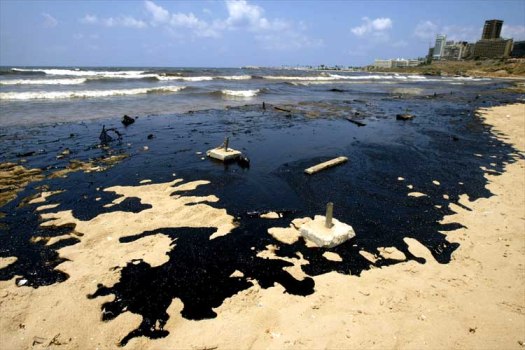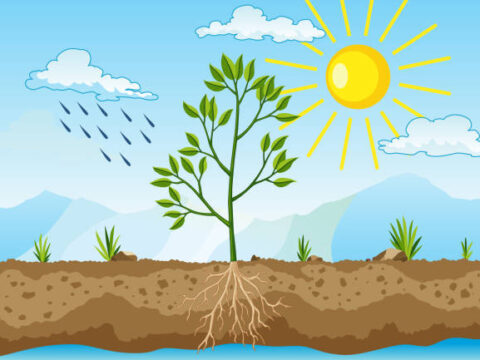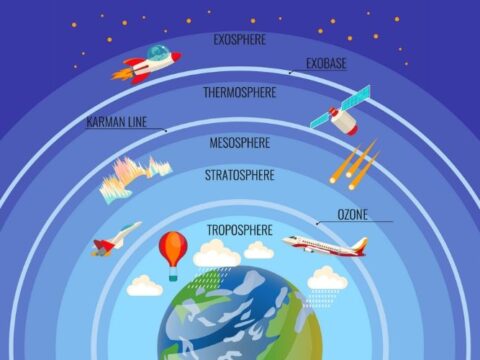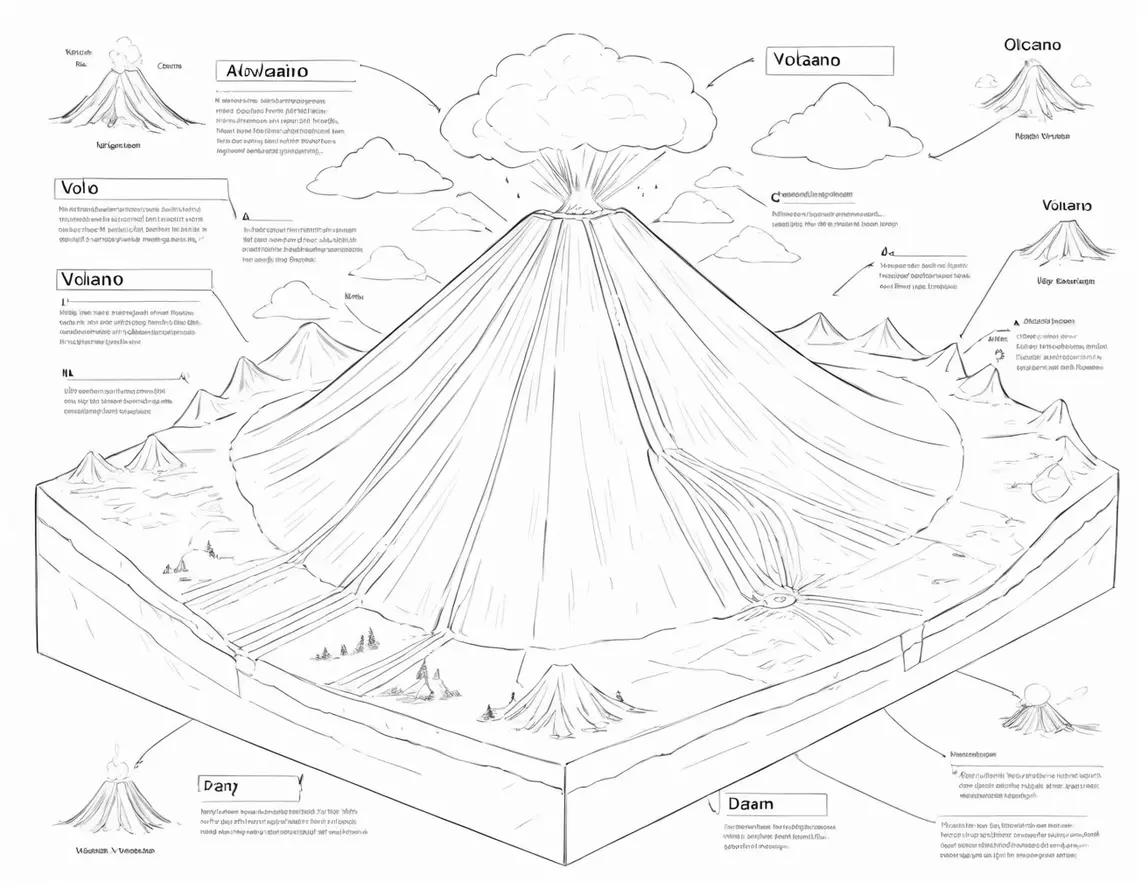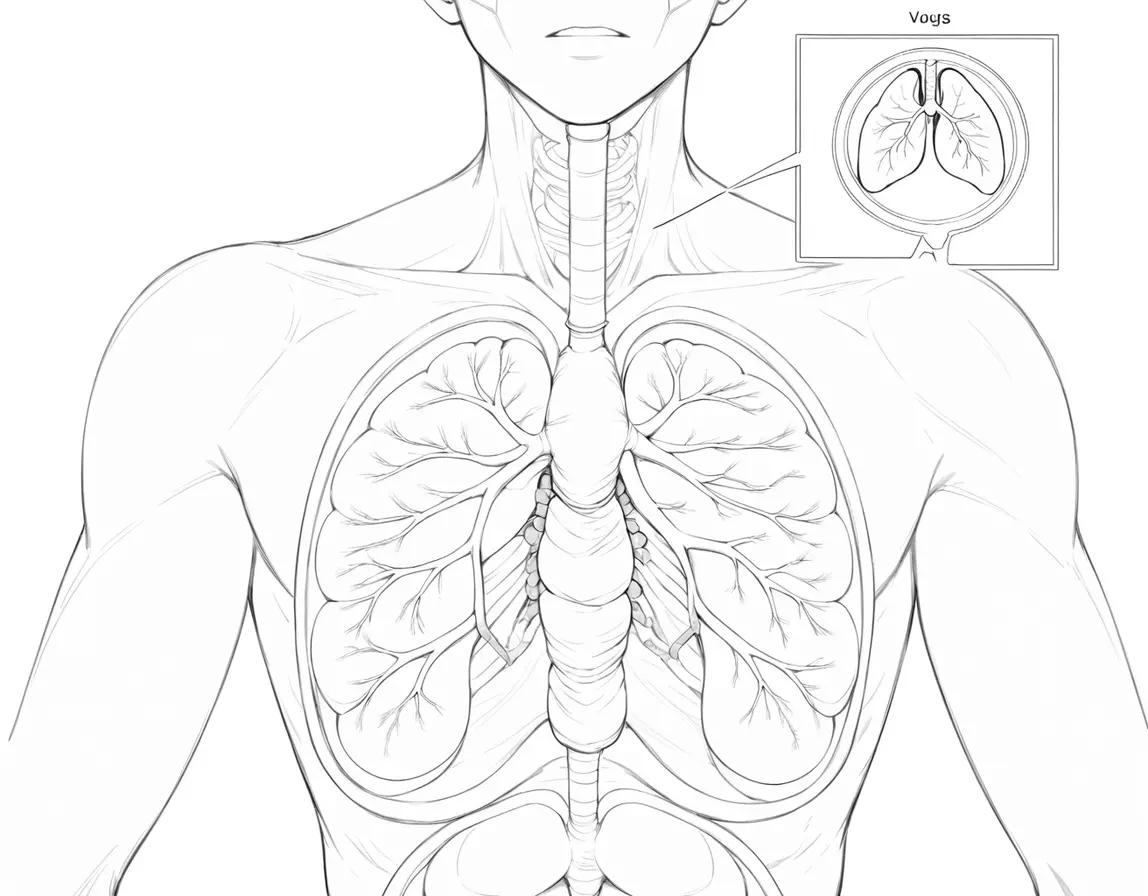
An ecosystem is the interdependence of the species that live in a certain geographical area as well as the way in which these organisms interact with the environment in which they live. An ecosystem is made up of not just plants and animals but also the microscopic organisms that reside in the soil. The nonliving components of an ecosystem are comprised of things like air, water, and rocks.
Ecosystems are more manageable sections of the larger whole that are Earth’s collection of living conditions and habitats. The term “biosphere” refers to the entirety of the planet’s living environment.

The term “biome” refers to wider geographical areas that are included in the biosphere. Forests, grasslands, mountains, and deserts are all types of biomes that can be found on land. Additionally, biomes can be found in bodies of water, such as lakes, ponds, and the ocean itself.
In an ecosystem, living species are dependent on both other living things and nonliving items within the ecosystem. All of the components of an ecosystem interact with one another.
Both producers and consumers can be found among the organisms that make up an ecosystem. The nutrients that producers require cannot be obtained from any other forms of life. Producing food is the primary function of trees, grasses, and other types of green plants. These individuals are referred to as the main producers.
In order to manufacture their own sustenance, plants combine the energy from the sun with non-living nutrients such as the chemicals found in soil and water.
Organisms that consume other forms of life are referred to as consumers. Herbivores are creatures that will exclusively consume plant matter in their diet. Herbivores are the major consumers of their ecosystems. Carnivores are defined as any species of animal that feeds on other species. The term “secondary consumer” refers to carnivores.
Decomposers are also an extremely important component of ecosystems.
Decomposers are organisms that assist in the breakdown of dead plants and animals. They are also capable of decomposing animal feces. Worms, fungi, and bacteria are all examples of different types of decomposers. Decomposers are organisms that break down dead matter and waste into chemical nutrients that can then be utilized by plants in the production of food.

